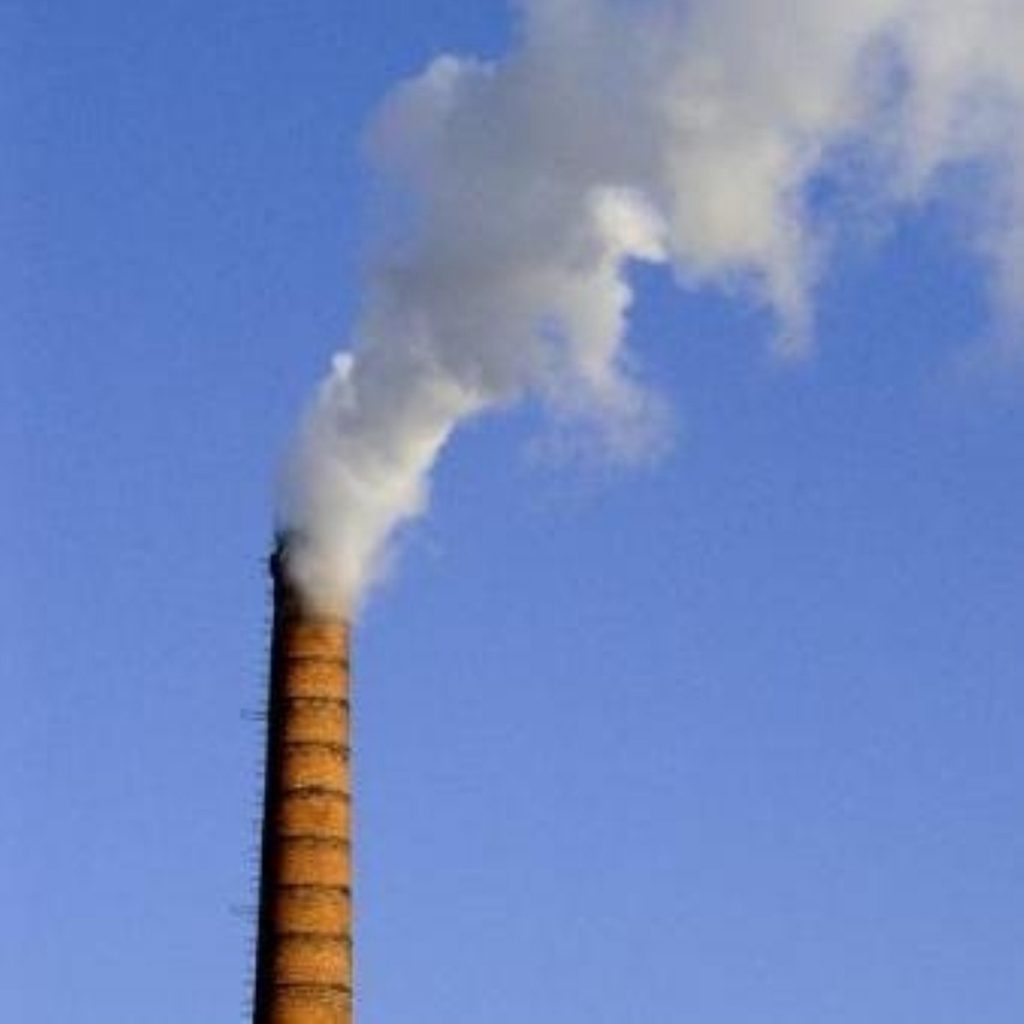Exporters face ‘tough conditions’
Conditions for manufacturers continue to be tough, the latest figures from the Office for National Statistics suggest.
The UK’s deficit on trade in goods increased – with more products being imported than exported – while input prices continued to rise in the last month, putting pressure on producers to increase their prices or swallow the additional costs.
The trade deficit in goods widened to £4.5bn in June compared with £4.1bn in May. And the situation was particularly difficult with regard to exports to non-EU countries with the value of the deficit standing at £2.7bn.
The actual volume of goods being sold internationally by the UK fell between May and June by 5.5% to the lowest monthly level in four years.


Again the story regarding non-EU countries was serious with a 16% decrease in trade volumes, particularly on non-consumer goods.
Imports were down only slightly in terms of volume, although again manufacturers of consumer products seemed to fare better, with their industry facing competition from fewer imports.
The ONS puts the poor performance down to “difficult trading conditions”, although the weaker pound should be helping manufacturers.
Input price inflation rose to 2.8% for the year meaning that producers are having to fork out more for their raw materials and fuel. But output prices went up by exactly half that amount, suggesting that they are not recouping their increased outgoings.
The CBI has called on the Bank of England’s Monetary Policy Committee to monitor closely the state of the manufacturing sector, with a view to cutting interest rates if conditions worsen.

